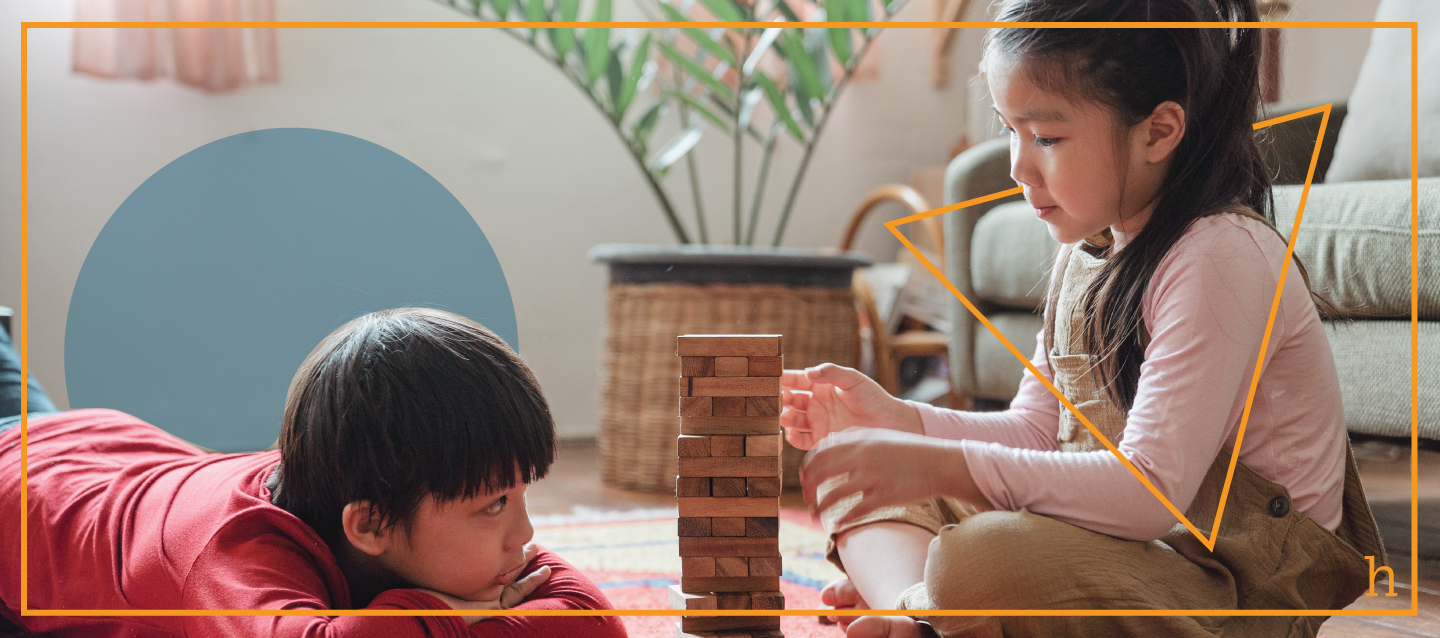Chances are you know or know of someone with a learning, developmental, or neurological disorder. You may notice how they operate a little differently than their peers. These people are often referred to as “neurodivergent”, an umbrella term used to describe individuals who process information and engage with the world in a different way than neurotypical people. The concept of neurodiversity was introduced in the late 90s by Australian sociologist Judy Singer and is rooted in the principle that no two brains are alike. Differences in brain structure and function are not viewed as weaknesses or disabilities; instead, they are variations that come with their own set of strengths. Neurodiversity is not a diagnosis; it is a non-pathological term that simply acknowledges the differences in the developmental structure of an individual’s brain.
Below are some examples of conditions that fall under neurodivergent:
Developmental disorders
● Autism Spectrum, Asperger’s, Pathological Demand Avoidance, Sensory Processing Disorder
Learning disorders
● ADHD, ADD, Dyslexia, Dyspraxia, Dyscalculia, Dysgraphia
Neurological disorders
● Synesthesia, Tourette’s Syndrome, and Meares Irlen Syndrome
Stigma
Societal and cultural expectations can place value on certain skills and behaviors (such as writing, eye contact, etc). This may place pressure on individuals with neurodivergent brains to behave in neurotypical ways adhering to societal standards, what is best understood as compensatory behaviors, or things a person does to adapt for survival and success. Contrary to the assumptions of many, differences in brain function are not a reflection of intelligence. By better understanding neurodiversity and intersectionality, we can get to a place of non-judgment and inclusivity.
Strengths
Gaps between a neurodivergent person's strengths and weaknesses may be larger than those of a neurotypical person. Factors such as environment, or a person’s condition(s), can influence both strengths and challenges. Challenges may include having specific needs or preferences when it comes to learning and communication. Being neurodivergent definitely comes with own unique set of strengths and individuals with the following may demonstrate them in different areas such as:
Source: https://www.neurodiversityhub.org/what-is-neurodiversity
Autism Spectrum
● Excelling in academic areas such as science, engineering and math
● Honesty and reliability
● Alternate problem-solving skills
● Detail-oriented
● Curiosity and a strong sense of wonderment
● Ability to concentrate for long periods of time when motivated
Dyslexia
● Curiosity
● Communication skills
● Reasoning
● Empathy
● Imagination and visualization
ADHD
● Hyperfocus
● Spontaneity
● Humor
● Social and communication skills
● Compassion
● Creativity
Dyspraxia
● High levels of motivation
● Determination
● Innovative thinking
Dyscalculia
● Intuitive thinking
● Love of words
Dysgraphia
● Strong verbal reasoning
It is important to remember that neurodiversity does not aim to eliminate the use of diagnoses of disorders and/or disabilities but rather raise awareness about the differences and natural variations in our human genome. We need to continue cultivating environments with accessibility and proper accommodations across work and educational settings to eliminate discrepancies in career and learning opportunities. By taking into consideration each individual’s needs and strengths, we can foster productivity and inclusivity for future generations.

